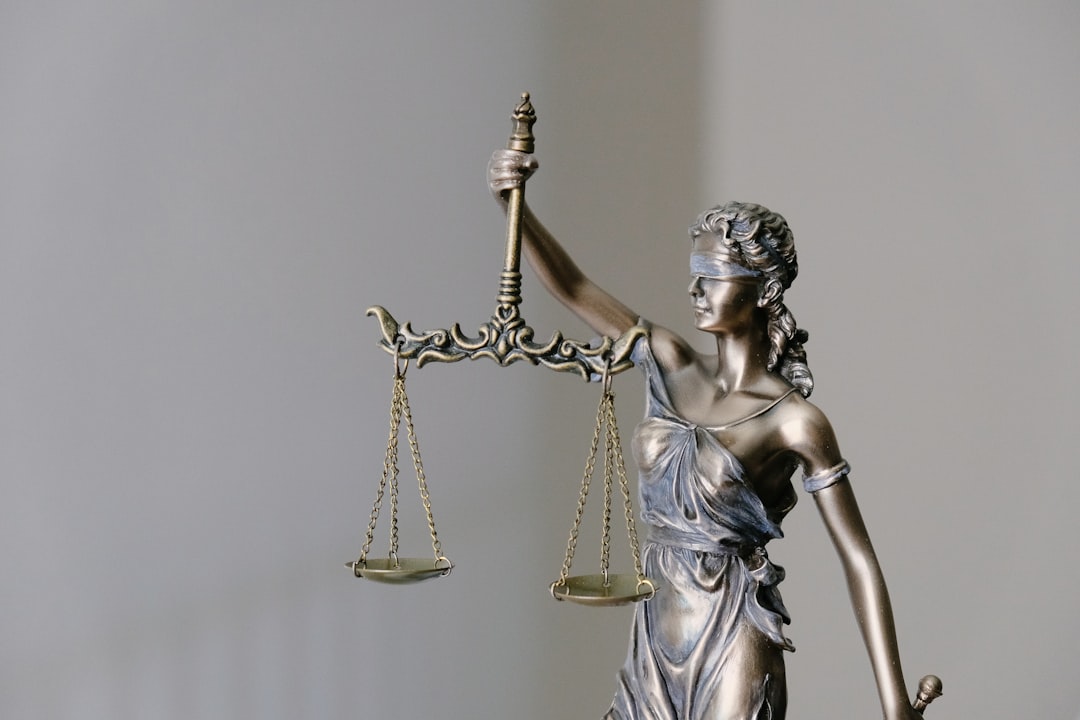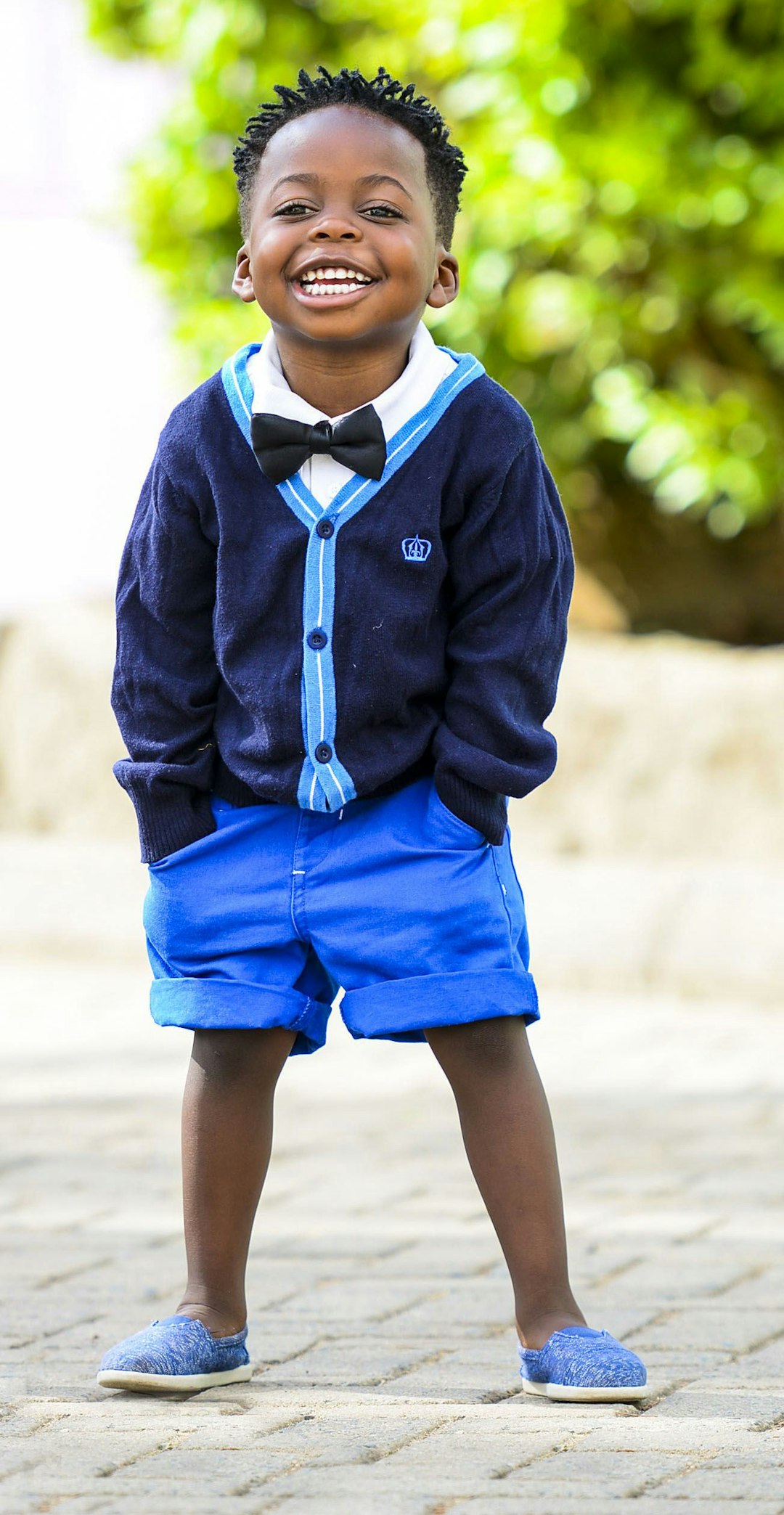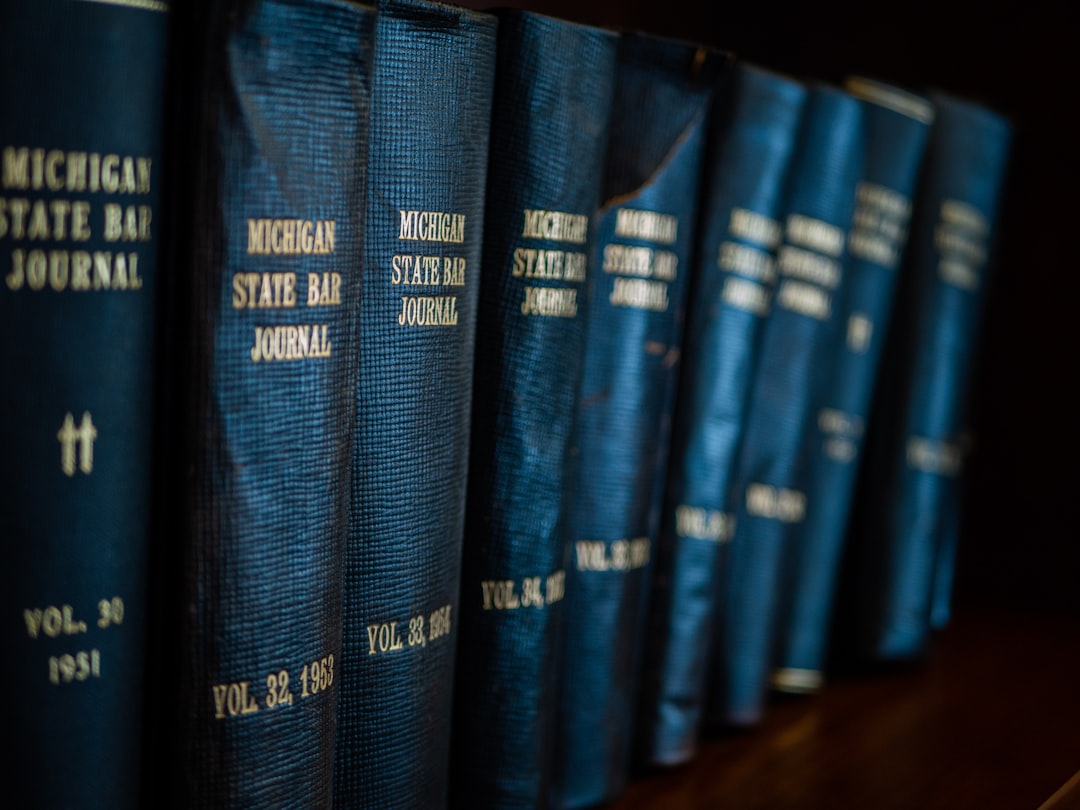Child abuse survivors in Augusta, Georgia, require specialized support to heal from complex emotional trauma. Tailored therapy services, including CBT and EMDR, help process past experiences and build resilience. Local child abuse attorneys offer legal advocacy, guiding victims through justice processes. Non-profit organizations provide safe spaces and community support for a holistic approach to recovery.
JavaScript, dri.
N.
..
Gап,,。
Veldely,
Understanding Child Abuse Survivors' Unique Needs

In Augusta, Georgia, understanding the unique needs of child abuse survivors is paramount. Survivors often grapple with complex emotions, such as fear, guilt, and shame, which can significantly impact their mental health and daily functioning. They may exhibit behavioural issues, struggle in school, or experience difficulty forming healthy relationships. These challenges underscore the importance of tailored support, including therapy services specifically designed for child abuse survivors.
Therapy plays a pivotal role in helping survivors process their traumatic experiences, build resilience, and reclaim their lives. Trained therapists utilise evidence-based approaches to address the psychological effects of abuse, fostering safety, trust, and healing. Engaging with a compassionate therapist can empower survivors to break free from cycles of trauma, enhance their coping mechanisms, and access the resources they need to pursue justice through child abuse attorneys in Georgia.
The Role of Therapy in Healing and Recovery

Therapy plays a pivotal role in the healing and recovery process for survivors of child abuse. It provides a safe, non-judgmental space where individuals can confront and process their traumatic experiences. Through structured sessions with trained professionals, therapists help survivors develop coping strategies to manage complex emotions, improve self-esteem, and regain a sense of control over their lives.
In Augusta, Georgia, where child abuse attorneys often collaborate with therapy professionals, tailored therapeutic approaches can address the unique needs of each survivor. This can include individual therapy, group counseling, or specialized programs designed to help individuals navigate the physical and emotional aftermath of abuse. With consistent support, survivors can begin to mend, move forward, and reclaim their well-being.
Types of Therapy for Survivors in Augusta

In Augusta, survivors of child abuse have access to a variety of therapeutic approaches tailored to their unique needs. Individual therapy provides a safe space for personal reflection and growth, enabling survivors to process their experiences and develop coping strategies. Group therapy offers a sense of community, allowing individuals to share their stories and gain support from peers who understand their struggles.
For complex cases involving emotional trauma, eye movement desensitization and reprocessing (EMDR) therapy has proven effective. This innovative approach helps survivors process distressing memories and reduce the intensity of associated emotions. Additionally, cognitive behavioral therapy (CBT) equips individuals with practical tools to challenge negative thought patterns and behaviors stemming from abuse. Child abuse attorneys in Georgia often recommend these therapeutic options to support clients on their path to healing and recovery.
Overcoming Stigma: Why Therapy is Essential

J drien.
Delf, o dır.
●,,..
“`., 10x.
..Diki, bING.
W
,,..
#using、
Jiap, o dri.
Snatlings, adия daki.
Wird:
Fining:
-,,
Finding Support: Child Abuse Attorneys & Resources

For survivors of child abuse in Augusta, Georgia, finding support is a critical step towards healing and recovery. While therapy plays a pivotal role, there are additional resources available to assist individuals navigating this challenging experience. One crucial element for many survivors is legal aid, as seeking justice against perpetrators or institutions can be empowering and therapeutic. Child abuse attorneys in Georgia specialize in cases involving mistreatment of minors and can provide guidance and representation to ensure the rights of survivors are protected.
Local organizations and support groups also offer invaluable assistance. These networks often include non-profit groups dedicated to helping child abuse survivors, offering safe spaces for sharing experiences and receiving emotional support. Resources like these empower individuals to take control of their healing journey while connecting them with a community that understands their unique challenges.





